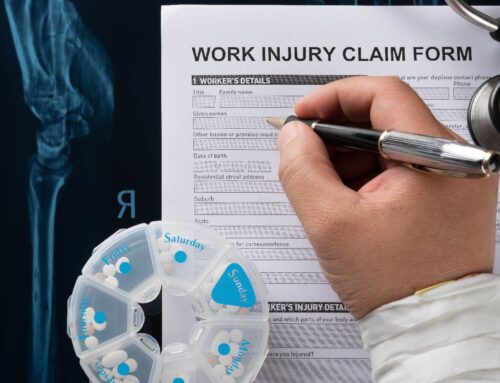By: Jeffrey Hall
As the COVID-19 pandemic rages on in the Tri-State area, it has had profound effects on the business of government. The procedures involved in the planning and zoning process in New Jersey have been significantly impacted. It seems that the Planning and Zoning Boards in every municipality have abandoned their usual ways in light of social distancing and Governor Murphy’s orders preventing large gatherings. Some have put their meetings on hold, canceling for the fear of social contact and also their resistance to technological advances which allow for the conduct of virtual meetings which are replacing business as usual. At the time of writing this article, many boards have implemented virtual meetings and have conducted public hearings on applications for approval of variances and/or site plans as well as other business.
Boards, their professionals, as well as applicants and their professionals have all grappled with several considerations in permitting virtual hearings to go forward. Uppermost among these items is compliance with New Jersey’s Municipal Land Use Law and provision of due process for the participants, particularly members of the public and objectors. Thus, there has been a focus on access to the application and the materials that typically accompany an application and materials and exhibits presented at a hearing. Generally, much longer lead times are being required of applicants to allow the board secretary or municipal IT professional to populate the municipality’s website for public access to all critical documents necessary for thorough review by the public. Typically, those items would include all materials that would be available for inspection by the public at the board secretary’s office. Now, however, such offices are closed to the public statewide. Thus, a number of municipalities are requiring that these materials be submitted far in advance of the hearing, usually 15 days. There is a balancing act between assuring fair process, yet keeping municipal business flowing. It appears Zoom has emerged as the preferred choice of a virtual platform. Participants speak well of its functions and ease of use. Issues that have surfaced relate to (1) individuals who are technologically averse and reluctant to embrace the virtual process; (2) those who are without the necessary equipment or internet service and, therefore, unable to participate (especially since schools, libraries, internet cafés, and other places allowing internet access to the public are closed); and (3) situations where internet trolls are crashing meetings.
Since virtual hearings are just coming into their own, the risk of failure is relatively high. An applicant’s attorney must take care in the drafting of the notice of public hearing and should consult with the board’s attorney, who would share an equal concern that the notice will satisfy the law (both the Municipal Land Use Law and the Open Public Meetings Act). The applicants and the boards are conducting “dry runs” in advance of the actual hearing to assure that the Board’s technology is working, the board secretary or other board officials or professionals can display the applicant’s exhibits, and the public can access the system properly. Gone are the days where an applicant could show up and present its application without an additional layer of planning. Dry runs are essential to make the flow of the presentation proceed as seamlessly as possible.
There is certain to be litigation by applicants whose applications are denied and by objectors complaining about approved applications, claiming that the virtual hearings violate either the Open Public Meetings Act or the Municipal Land Use Law, or that glitches in the system prejudiced their ability to present their arguments properly, or that an objector was unable to connect to the Zoom meeting for a plethora of reasons, including denial of due process. Stay tuned.
For an informative video on how one municipality has responded to the demand for business to be conducted virtually click here.
Jeffrey Hall is Of Counsel to Szaferman Lakind and focuses his practice on commercial real estate and land use matters as well as tax appeals and outdoor advertising matters. To schedule a consultation with Jeff, please email him at jhall@szaferman.com or call 609.275.0400.
The foregoing is intended for general information purposes and is no substitute for specific legal advice.






